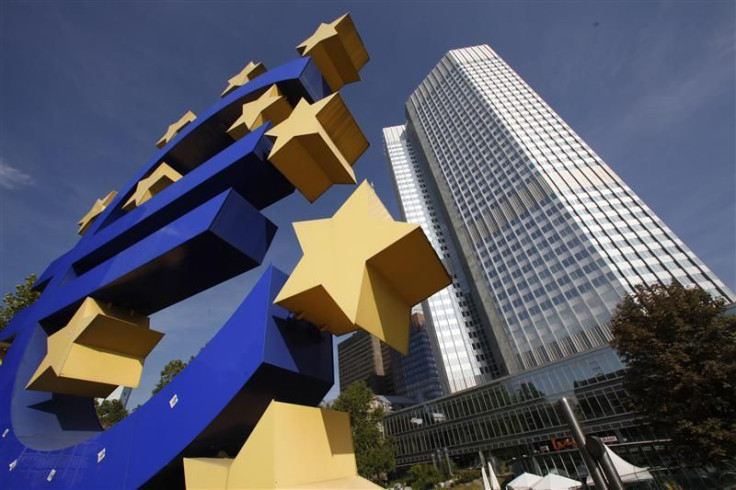EU Reluctantly Agrees to Modest 2% Budget Increase for 2012

Amidst a backdrop of severe economic hardship, officials at the European Union (EU) agreed to only a 2 percent increase in the group’s budget for next year to 129 billion euros ($177 billion), after a marathon negotiation session.
EU leaders had earlier called for at least 5 percent in its budget -- a stance balked at by many political chiefs, particularly British Prime Minister David Cameron. A number of EU officials worried that a modest increase in its budget could render the bloc unable to pay its bills, making its AAA credit rating vulnerable.
This is clearly an austerity budget, as most member states are in the midst of a serious financial crisis, said EU budget commissioner Janusz Lewandowski.
There is now a serious risk that the European Commission will run out of funds in the course of next year, and will therefore not be able to honor all its financial obligations toward beneficiaries of EU funds.”
However, while European governments agreed to cap the EU budget to 129 billion euros next year, they nonetheless acceded to demands by the European Parliament to permit EU spending commitments next year to rise to 147 billion euros ($202 billion)
“Today's commitments become tomorrow's payments, so they are playing a very dangerous game indeed, an EU official told Reuters.
According to reports, more than two-thirds of the EU budget is used to pay subsidies for farmers and other projects, including road construction and environmental remediation. Typically, the bulk of spending goes to the poorer, peripheral countries of Europe.
Not surprisingly, British officials praised the new EU budget.
This is an excellent deal for the UK,” the Financial Secretary to the Treasury Mark Hoban told media.
“We have stopped the European Commission and parliament's inflation-busting proposals and have delivered on the government's promise to freeze the EU budget in real terms. Throughout this process, we have argued that with member states facing tough decisions on spending at home, we could not afford these unrealistic demands.
Hoban also said that now tough negotiations will soon commence for the EU’s longer-term budget, for the period 2014-2010.
Last year, the three most powerful members of the EU, France, Germany and UK, said they wanted the EU budget frozen until 2020, with any increases connected to inflation.
© Copyright IBTimes 2024. All rights reserved.





















